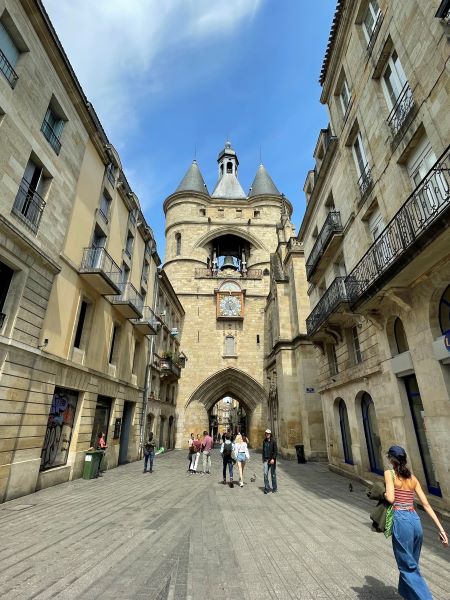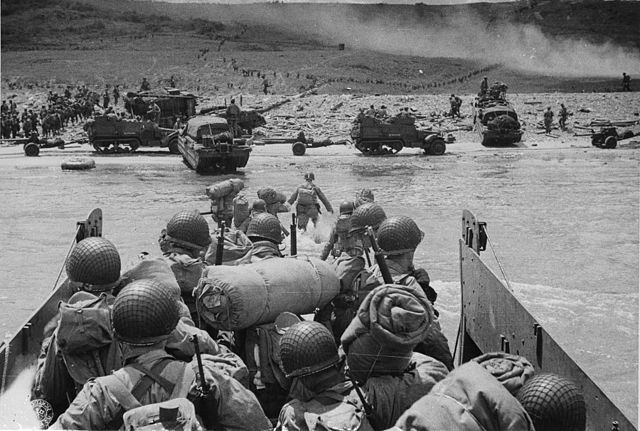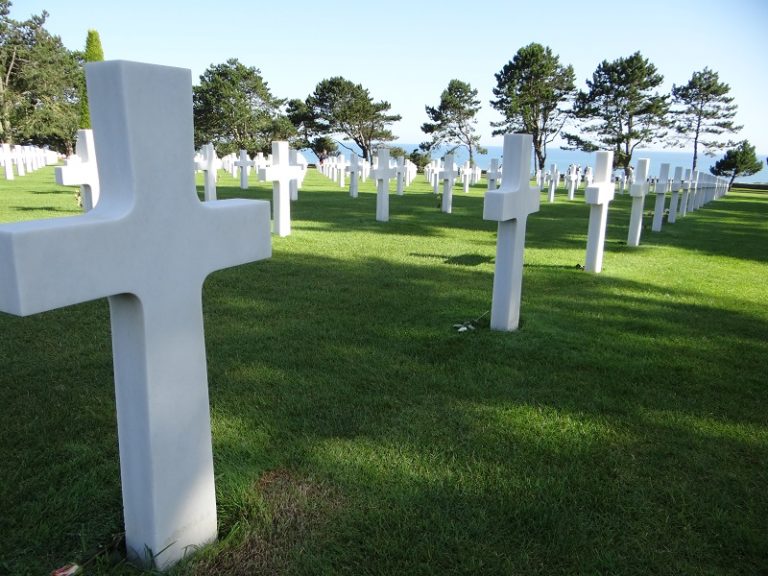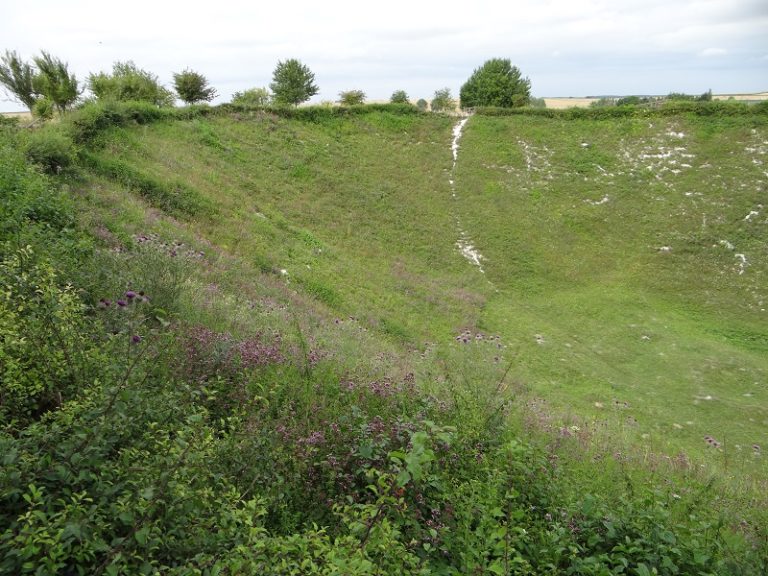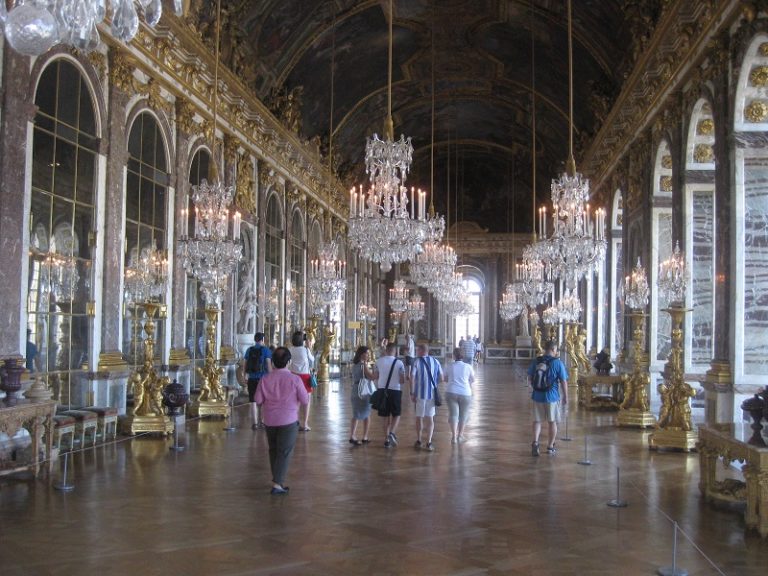Historical Places to Visit in France
France is a beautiful country with diverse scenery and history you can really sink your teeth into. Fly into Paris but be sure to branch out to the countryside to really see what this country is about. Like so many places, each region has its own personality and vibe. American history buffs will no doubt want to see the famed WWII beaches of Normandy, and they are a sight to behold. There are several great WWI sites to visit as well. I definitely recommend a car for those sites as they can be more remote, but that also makes them very peaceful and contemplative.
HISTORY
[bg_collapse view=”link” color=”#4a4949″ icon=”arrow” expand_text=”Show More” collapse_text=”Show Less” ]
It’s not surprising to me that the oldest city in France is Marseilles, a port city on the Mediterranean coast. Traders and merchants from Greek settlements established the colony of “Massalia” in 600 BC. Further north, Celtic tribes were moving in from the east as well and the region was called “Gaul” by the Romans, who often fought with these groups as they also tried to claim the land. Julius Casear led the Gallic Wars from 58-50 BC and was ultimately victorious over the Gauls. Throughout Roman rule there were frequent invasions by neighboring groups. As Roman power began to wane, Germanic groups like the Visigoths, Burgundians and Franks began to move in.
Frankish leader Clovis I defeated the remaining Romans before turning his attention to the Burgundians and Visigoths and by 508 AD is regarded as the first King of the Franks. His effort resulted in the name we know today, as the land of these unified peoples was called “Francia” – Land of the Franks. He is regarded as the founder of the Merovingian dynasty, which ruled about 100 years until the strong Carolingian dynasty stepped out from pulling the strings behind the scenes of the Merovingians to take center stage around 715 AD. One interesting note about the Carolingians – some historians believe they played a significant role in establishing the feudal system, as they introduced the concept of temporary land grants and a hierarchy of power based on obligations.
Enter Charlemagne. This larger-than-life figure dramatically expanded his rule after becoming King of the Franks in 768 AD. This one comes up in trivia often: he was crowned Emperor of Rome by the Pope on Christmas Day, 800 AD. He died 14 years later and his son was able to hold onto the land but his grandsons ultimately broke up the empire when they fought over their inheritance.
Following the Carolingians was the next big dynasty of France: the Capetians. Hugh Capet was crowned in 987 AD and 14 more of his line ruled until 1328 AD. When the last Capet ruler died without an heir (ahem, a MALE heir since Salic law didn’t allow women to inherit or pass on titles…thanks, Clovis), the stage was set for a brawl. Philip of Valois was a cousin of the king, but the English King Edward III claimed a closer relation through his mother…and he didn’t care about Salic Law. And thus began the Hundred Years’ War between France and England, which raged across generations and Kings, both sides gaining and losing ground in places like Crecy, Poitiers and Agincourt. Eventually, a French victory at Orleans with Joan of Arc in 1428 AD turned the tide and the French ultimately ended the war victorious, not kicking the English out completely but dramatically reducing their holdings on the continent.
Religious wars played a big part of the next few centuries with Catholics battling Hugenots (Protestants) as religious upheaval was sweeping Europe. France also took part in the colonization of the Americas; their impact is still found today through French Canadians in Quebec or in New Orleans, Louisiana (even been to the “French Quarter”?). This period of the House of Bourbon started with Henry IV in 1589 AD but includes many of the King Louies you know (Louis XIV, the “Sun King”, or Louis XVI & his wife, Marie Antoinette, who were both executed in the French Revolution) as well as the lavish palace of Versailles.
As a chemist, I must also point out the contributions to science from French chemists. The contributions of Antoine Lavoisier and his wife Marie were significant (identifying oxygen & hydrogen, helping develop the metric system, understanding the science of combustion and much more). Unfortunately, he was executed during the French Revolution and Marie had to fight to get his property and notes returned to her. The French Revolution raged from 1789-1799 AD as a result of multiple factors including class strife, significant financial crisis and famine.
As with other periods of war and upheaval, a new ruler emerged, this time it was Napoleon Bonaparte. Napoleon built a vast empire through military campaigns until he was ultimately defeated at Waterloo in 1815 AD and exiled to the island of Saint Helena off the west coast of Africa (having previously escaped from exile on Elba, an island in the Mediterranean). The last Emperor to rule France was overthrown following the Franco-Prussian War of 1870 AD and the monarchy was abolished. France was hit hard in both World Wars, with battlegrounds and occupation taking its toll on the people and the land.
[/bg_collapse]
- Currency: Euro - I use ATMs to get cash and never had a problem finding one, though smaller towns were less likely to have one so do factor that in
- Weather: Quite varied depending on location and time of year - best to check a reputable weather site to know for sure because France is a large country with many different climates!
- Street crepes: don't be shy - grab one of those if you can!
- Transportation: took the train in from CDG airport and around Paris without issue. Took regional trains to Versailles and Normandy, then rented a car to drive around. Very smooth all around and no issues with driving or navigation using preloaded maps on my phone.

